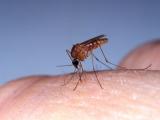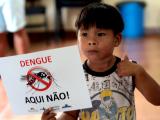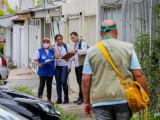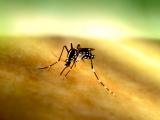Jun 30, 2009
Spain, Uruguay report first pandemic flu deaths
Health officials in Spain and Uruguay today reported their first novel H1N1 deaths, Agence France-Presse (AFP) reported. The patient who died in Spain was a 20-year-old Moroccan woman who was 7 months pregnant and had asthma. Spain's health ministry said the baby was delivered by Caesarean section and, though premature, appears to be healthy. The Uruguayan was a 60-year-old woman who died of multiple organ failure before tests confirmed novel H1N1.
Indonesia to ask foreign visitors to wear masks
Indonesia's health minister said yesterday that visitors arriving at the country's airports from nations hit by novel flu will be asked to wear a mask for 3 days, according to a report today from AFP. The masks are a precautionary measure to reduce human-to-human transmission, she said. The masks will be handed out to international visitors as soon as funding for them comes through; however, those who don't wear them will not be penalized.
Argentine health minister resigns over pandemic handling
Argentina's health minister, Graciela Ocana, resigned yesterday, citing differences with the government on the handling of pandemic flu and a previous dengue fever outbreak, the New York Times reported yesterday. Meanwhile, a crisis committee will meet today to discuss raising the response level, according to a local media report, which could close schools and other public places and curb mass gatherings. Argentina has 1,488 confirmed novel flu cases, many of them around Buenos Aires.
[Jun 29 New York Times article]
Saudi Arabia asks high-risk groups to skip hajj
Saudi Arabian health officials who just concluded a 4-day meeting with international health experts to discuss pandemic flu risks related to the hajj today advised that children, pregnant women, elderly people, and those with chronic health conditions avoid the annual pilgrimage, the Associated Press reported. The 4-day hajj starts in late November this year and is expected to attract about 3 million pilgrims. The health ministry said the crowded setting could pose a flu transmission risk.

















